Get Woodpecker Control in Denver, CO
Local contractors in Denver and nearby areas can help property owners address woodpecker damage, remove nests, and implement solutions to protect buildings from future harm.
Woodpecker activity can pose challenges for property owners in Denver, CO, especially when it begins to cause damage to structures or trees. Recognizing the need for effective control measures is an important step in maintaining the safety and integrity of a property. Exploring options for professional services allows property owners to compare local contractors who specialize in woodpecker management, helping them find tailored solutions suited to their specific needs.
For those considering woodpecker control, understanding the range of services available in the Denver area can assist in planning projects and making informed decisions. Connecting with experienced service providers ensures access to knowledgeable professionals who can assess the situation and recommend appropriate strategies. Continuing to explore local options can help property owners identify the most suitable approach to address woodpecker concerns effectively.
- Woodpecker Damage Repair - needed when wood structures in homes or buildings show signs of pecking or holes.
- Exclusion and Prevention - appropriate when preventing woodpeckers from returning to residential neighborhoods like Capitol Hill or Highlands Ranch.
- Structural Inspection - required if woodpecker activity has compromised the integrity of siding, trim, or framing.
- Habitat Modification - useful for reducing attractants around properties in areas with active woodpecker populations.
- Wildlife Control Services - sought when humane removal or deterrent solutions are necessary to manage local woodpecker issues.
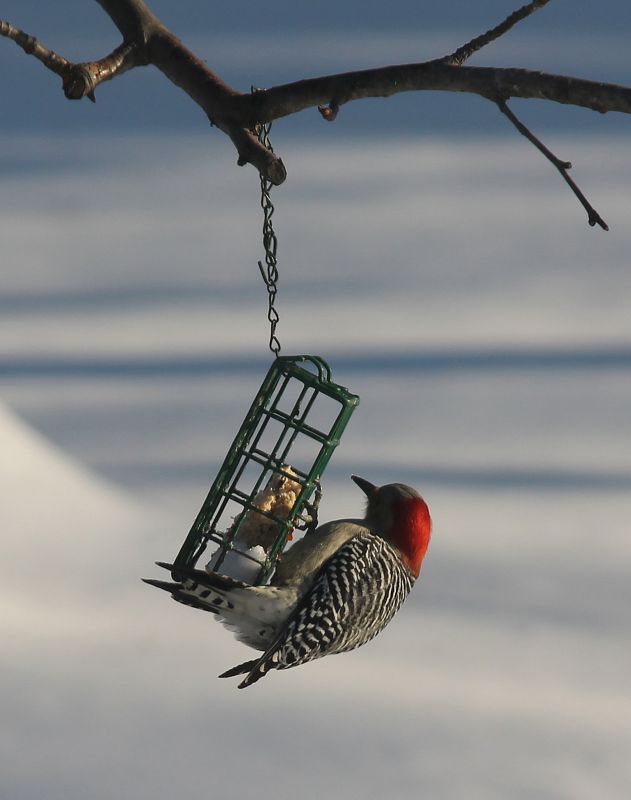
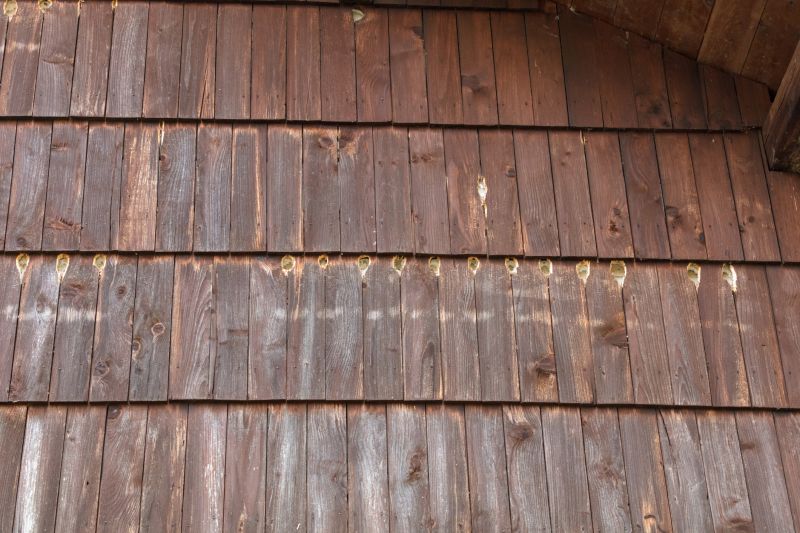
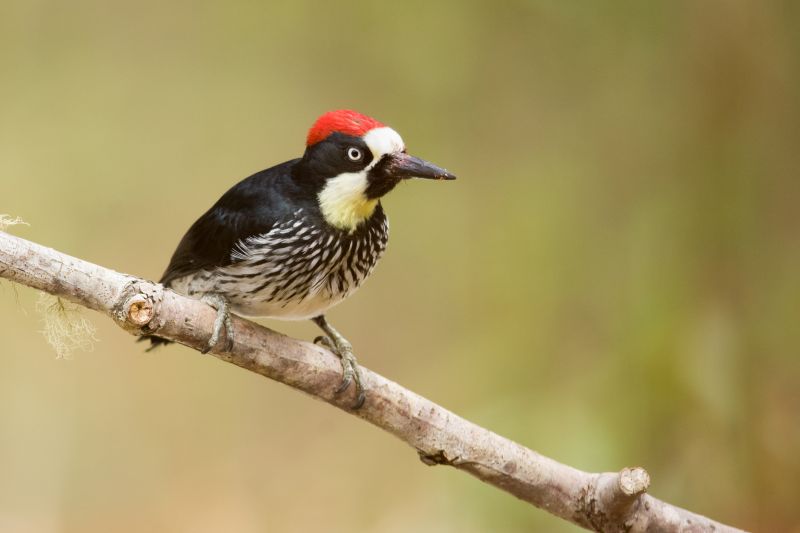
Woodpecker control services focus on addressing issues caused by woodpeckers that may damage the exterior of a property. These services typically involve identifying areas where woodpeckers are pecking or drilling into wood surfaces, such as siding, trim, or eaves. Once the problem spots are located, trained contractors may implement various deterrent methods, including installing physical barriers, applying visual or auditory repellents, or making modifications to the affected areas to discourage further pecking. The goal is to protect the building’s structure and appearance while preventing ongoing damage caused by these birds.
Problems that lead homeowners to seek woodpecker control often involve visible damage to the home’s exterior, such as holes or gouges in wood siding or trim. In some cases, woodpeckers may create large, repetitive holes that compromise the integrity of the material or allow pests like insects or other animals to enter the property. Additionally, the noise from pecking can become a nuisance, especially if it occurs repeatedly over time. Addressing these issues promptly can help prevent more extensive damage and reduce the likelihood of attracting other pests or animals to the property.
Properties that commonly require woodpecker control services include residential homes with wood siding, especially those with mature trees nearby. Wooden decks, fences, and outbuildings are also vulnerable to woodpecker damage. Homes located in wooded or park-like neighborhoods tend to experience more frequent issues, as woodpeckers are naturally attracted to areas with abundant trees and insects living in the wood. Commercial buildings with wooden exteriors or structures may also benefit from these services if woodpecker activity becomes problematic.
Homeowners who notice unusual holes, repeated tapping sounds, or structural damage to their property may need to consider woodpecker control services. These services are suitable for anyone seeking to protect their home’s exterior from ongoing damage caused by woodpeckers. Whether the damage is minor or extensive, local contractors can provide solutions tailored to the specific situation. Contacting a professional can help determine the best approach to deter woodpeckers effectively and preserve the integrity and appearance of the property.
The overview below groups typical Woodpecker Control projects into broad ranges so you can see how smaller, mid-sized, and larger jobs often compare in Denver, CO.
In many markets, a large share of routine jobs stays in the lower and middle ranges, while only a smaller percentage of projects moves into the highest bands when the work is more complex or site conditions are harder than average.
Small Repairs - Typical costs for minor woodpecker damage repairs in Denver range from $250-$600. Most routine fixes, such as patching holes or repainting, fall within this range. Fewer projects extend into higher-cost repairs for more extensive damage.
Medium-Scale Repairs - Larger, more involved woodpecker control services, including installing deterrents or repairing multiple areas, usually cost between $600-$1,500. Many projects in this range involve multiple affected areas or moderate structural work.
Full Exclusion or Deterrent Installation - Complete exclusion systems or extensive deterrent setups typically cost from $1,500-$3,000. These projects are common for homes with persistent woodpecker activity requiring comprehensive solutions.
Full Replacement or Large-Scale Projects - Larger, more complex projects such as replacing damaged siding or extensive wood repairs can reach $3,000-$5,000+ in Denver. Such projects are less frequent but necessary for severe or widespread damage.
Actual totals will depend on details like access to the work area, the scope of the project, and the materials selected, so use these as general starting points rather than exact figures.
Bird and Pest Exclusion Projects - These projects involve installing barriers and deterrents to prevent birds and pests from accessing structures, similar to woodpecker exclusion techniques.
Structural Damage Repair - Repairing and reinforcing building exteriors affected by pests or environmental factors requires planning and skills comparable to woodpecker damage mitigation.
Tree and Shrub Protection - Installing physical barriers around trees and shrubs to prevent animal damage shares planning and tool use with woodpecker control efforts.
Wildlife Deterrent Installations - Setting up deterrents like spikes or sound devices to discourage wildlife from nesting or roosting aligns with pest and woodpecker management strategies.
Exterior Inspection and Assessment - Conducting thorough inspections of building exteriors to identify pest entry points and damage is a common step in both projects.
Habitat Modification Projects - Altering landscapes or structures to make areas less attractive to pests involves planning skills similar to those used in woodpecker control services.
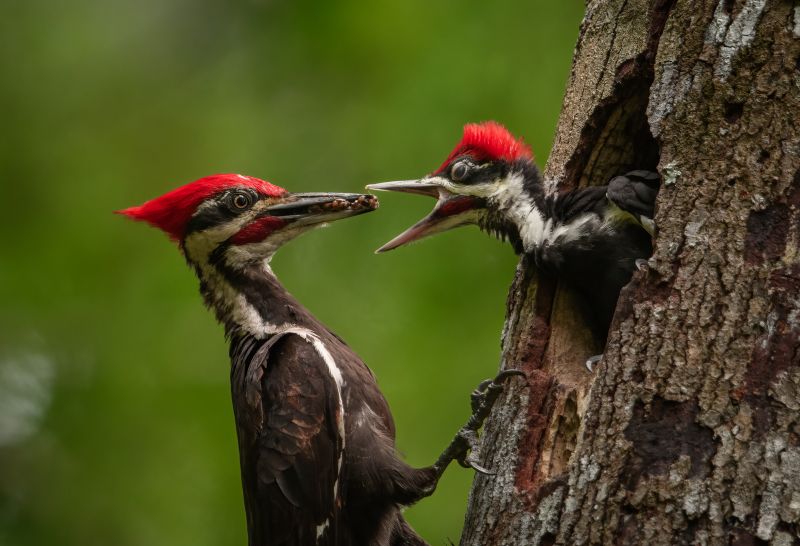
When comparing contractors for woodpecker control services, it’s important to consider their experience with similar projects in the Denver area. Homeowners should look for service providers who have a track record of handling woodpecker issues on properties comparable to their own. An experienced contractor will understand the behavior of local woodpecker species and the best methods for deterring them effectively, which can lead to more reliable and lasting results.
Clear, written expectations are essential to ensure everyone is aligned on the scope of work and the approach to woodpecker control. Homeowners should seek out providers who can offer detailed descriptions of the services they will perform, including any preventive measures or repairs that might be necessary. Having these expectations documented helps prevent misunderstandings and provides a basis for evaluating whether the chosen service provider meets the specific needs of the property.
Reputable references and strong communication are also key factors when selecting a local contractor. Homeowners are encouraged to ask for references from previous clients who had similar woodpecker issues, as this can provide insight into the provider’s reliability and effectiveness. Additionally, a service provider who communicates clearly and promptly can help ensure that questions are answered and concerns addressed throughout the process, fostering a smoother experience. It’s important to remember that this site introduces homeowners to local options known for their expertise and professionalism, not that it performs the work itself.
Property owners in Denver, CO use Woodpecker Control services for practical projects around their homes and businesses. This guide focuses on everyday jobs and straightforward project options.
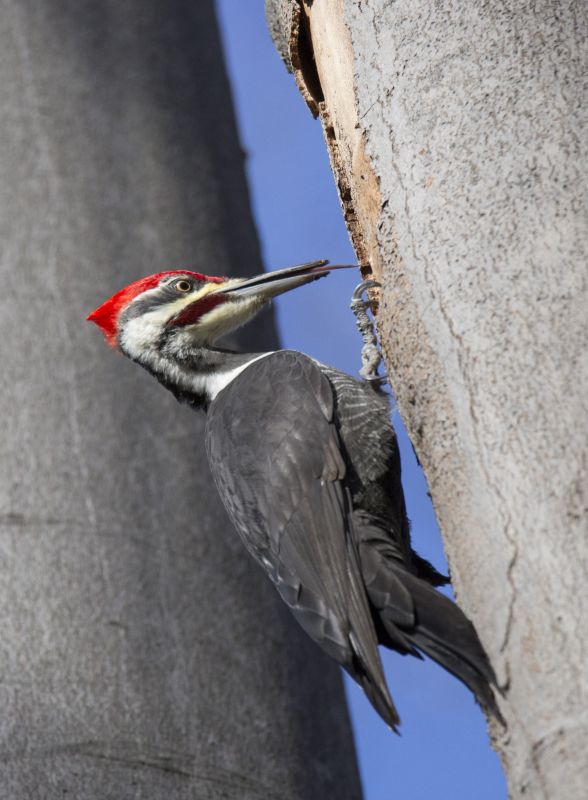
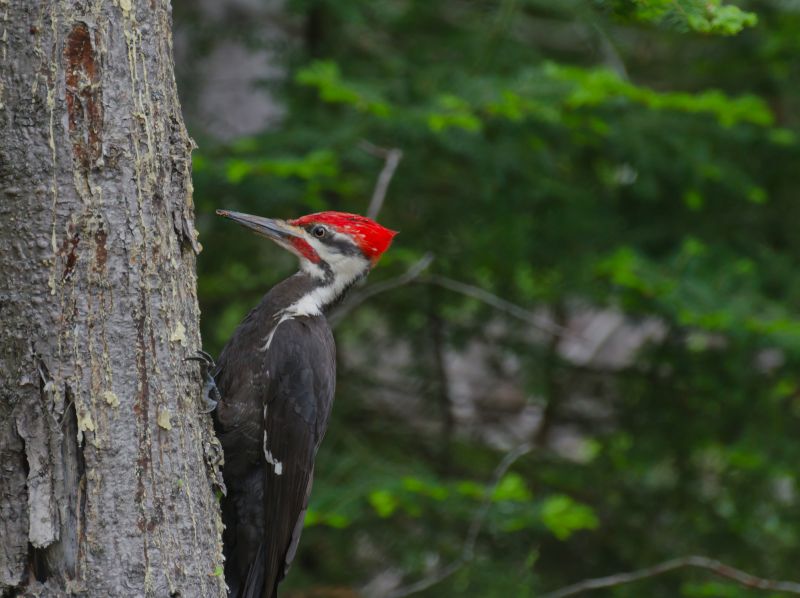
Woodpecker activity can cause noticeable damage to the exterior of homes and buildings in Denver, CO, especially on wooden siding, eaves, and roofs. Property owners may seek out local contractors to assess and address areas where woodpeckers are repeatedly pecking, preventing further deterioration and maintaining the integrity of their property. In some cases, woodpecker damage might be paired with concerns about pests or nesting activity, prompting homeowners to look for experienced service providers who can handle humane deterrent methods or repairs.
Additionally, residents who notice unusual holes or signs of woodpecker presence might want to prevent ongoing damage before it worsens. Local contractors specializing in woodpecker control can offer solutions to discourage these birds from returning, protecting the property's appearance and value. Whether dealing with persistent pecking or just wanting to prevent future issues, property owners in Denver can find service providers equipped to manage these common, everyday project situations.
What are common signs of woodpecker activity on a property? Signs include repeated tapping sounds, holes or dents in wood surfaces, and visible wood shavings or debris around affected areas.
How do local contractors typically control woodpecker damage? They often use deterrents, modify the habitat to make it less attractive, or install physical barriers to prevent woodpeckers from nesting or pecking.
Are there specific types of woodpeckers that are more problematic in Denver, CO? Certain species like the northern flicker and woodpecker species common to the region may cause more frequent damage, especially during nesting seasons.
What kinds of structures are most vulnerable to woodpecker damage? Wooden siding, eaves, decks, and trees are common targets for woodpecker activity.
How can I find local service providers to handle woodpecker control? You can contact local contractors experienced in bird damage prevention and removal services through the lead generation platform.
Preventative Woodpecker Damage - Property owners can have local contractors install deterrents to protect trees and wood structures from ongoing pecking.
Tree and Limb Protection - Homeowners with mature trees can work with local pros to reduce woodpecker activity that may weaken branches or cause damage.
Nest and Habitat Management - Residents can explore options for safely discouraging woodpecker nesting in areas where it may cause concern.
Structural Damage Repair - Those noticing signs of woodpecker-related damage can connect with local contractors to assess and repair affected wood surfaces.

If you are thinking about Woodpecker Control for a property in Denver, CO, this guide is meant to help you understand the work, the typical project types, and how different options might fit your plans.
When you are ready, you can use the quote form on this page to share a few details about your project. From there, local pros can review the basics and respond with options that match what you have in mind.



